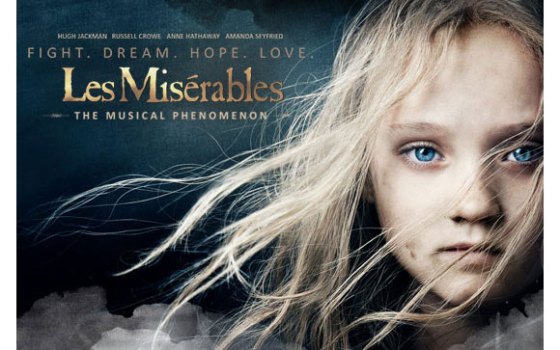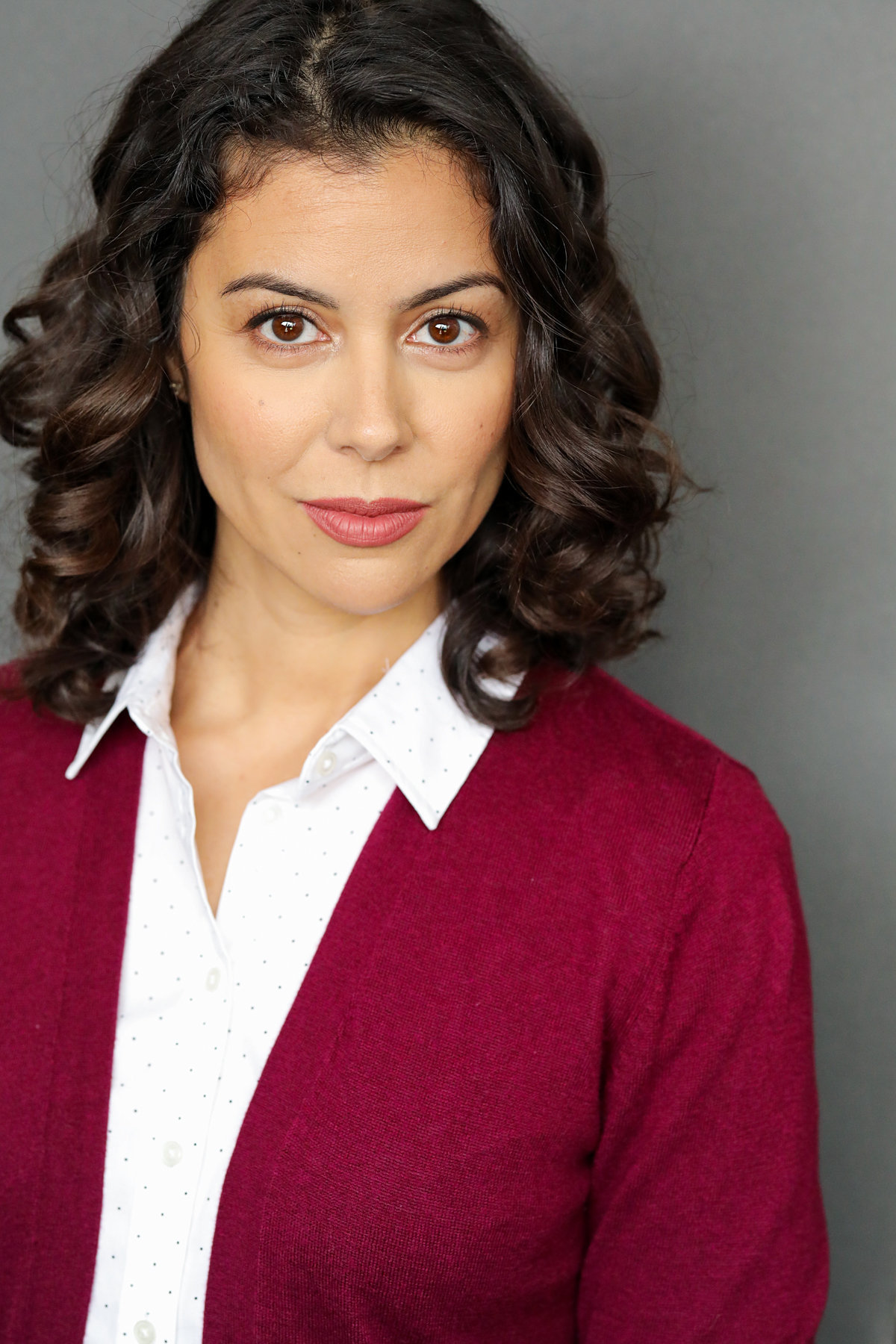Each year since 1994, members of the Screen Actor’s Guild, now SAG-AFTRA, come together to honor fellow performs in film and television. Spoilers may follow!
As a girl who grew up in and loving live theatre, I was super excited to learn of director Tom Hooper’s film version of the famed opera, Les Miserables by composer Claude-Michel Schönberg and lyricist Alain Boublil. As the cast was put together and Hooper’s artistic vision was slowly released to the public, I waited in giddy anticipation for first glimpse of the masterpiece’s trailer. This, of course, only made me more enchanted with the dream and it wasn’t until one fateful day in December that I became enraptured with so varied levels of emotion and sat in awe of the performances.
Les Miserables tells the story of Jean Valjean (Hugh Jackman), a man imprisoned for stealing bread to feed his sister’s family. After serving 19 for this offense, he is released on parole. After a fortunate encounter with a priest (original London cast member, Colm Wilkinson) who lies in order to save Valjean’s life, Valjean breaks his parole in order to begin anew. Nine years later, he is a prosperous businessman and mayor, but unknowingly persued by Javert (Russel Crowe), the jail guard who administered Valjean’s sentence. As fate would have it, the two men’s paths cross and Valjean narrowly escapes when he rushes from the deathbed of a former employee, the now destitute Fantine (Anne Hathaway) to save her child, Cosette. Valjean then disappears with the child and raises her as his own.
Fast forward several years and Cosette (Amanda Seyfried) is now a young woman longing to discover all that Paris has to offer. She catches the eye of young revolutionary Marius (Eddie Redmayne) and the two fall instantly in love. With talk of revolution in the streets, the Paris guard is reinforced with none other than Javert. Ever watchful, Valjean decides to flee Paris with Cosette. Before they uproot, Valjean learns of Cosette’s new love, his involvement in the scheduled demonstration and takes the responsibility upon himself to protect Marius. The would-be revolution breaks onto the streets and barricades are erected throughout Paris. That night, over 800 men lose their lives, but Marius is not one of them. Valjean pulls the wounded young man to safety, again coming face to face with the dreaded Javert. Valjean insists on taking Marius to the hospital and tells Javert where to make the final arrest.
Javert disappears, Marius survives and Valjean takes his final refuge at the church where the priest bought his soul for God those many years ago. On the wedding day of Marius and Cosette, Valjean makes a full confession to his daughter about his past and is ushered into heaven by her angelic mother.
And that’s the short version!
There were so many wonderful things about this movie that made it riveting. First on my list of awesomeness is the performance of Anne Hathaway, mostly know for her comedic skills. Although she has a mere 30 minutes of screen time (give or take), her performance of I Dreamed a Dream stuck with me like none other in the film. The sheer desperation and utter emotional distress of a woman who wanted to make sure her child could have an opportunity at a better life, was almost tangible. I am not one to cry during films, but Hathaway’s rendition was packed with so much raw emotion that I didn’t even bother trying to hide the tears. She has come a long way from being Disney’s Princess of Genovia and, from where I sit, fully deserving of the title, Outstanding Performance by a Female Actor in a Supporting Role.





